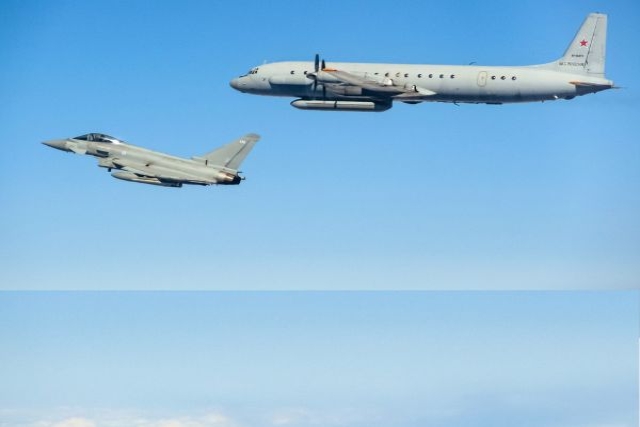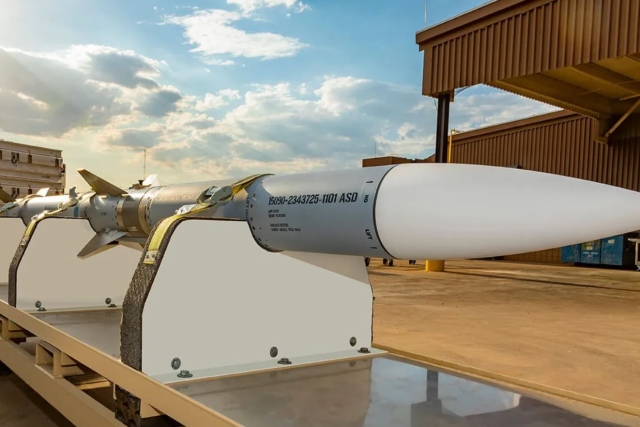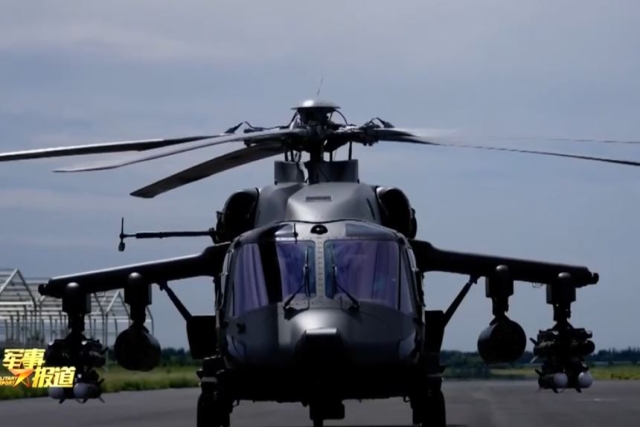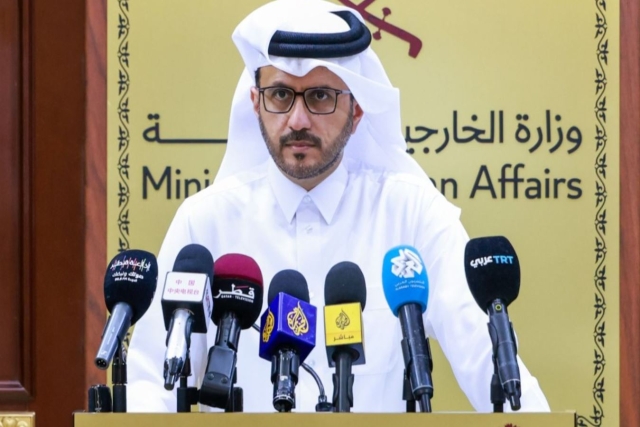South Korea's Military, Presidential Guards Block Arrest of Impeached Leader
Tense six-hour standoff in Seoul halts authorities’ efforts to detain Yoon Suk Yeol on insurrection charges
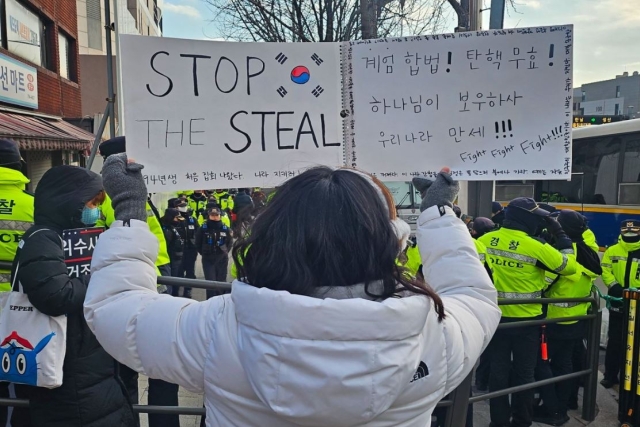
South Korea witnessed a dramatic standoff on Friday as presidential security forces and military personnel prevented authorities from arresting impeached President Yoon Suk Yeol.
The six-hour impasse unfolded at Yoon’s residence in central Seoul, highlighting the volatile political landscape of one of Asia’s leading democracies.
Yoon faces criminal charges of insurrection stemming from his surprise martial law declaration on December 3, which sparked widespread condemnation and led to an unprecedented arrest warrant for a sitting president. However, efforts by the Corruption Investigation Office for High-ranking Officials (CIO) to detain him were thwarted by over 200 agents of the Presidential Security Service (PSS) and military troops stationed at the compound.
Legal and Political Impasse
The CIO arrived at Yoon's residence early Friday, only to encounter staunch resistance from PSS personnel. Despite entering the compound, investigators were outnumbered and eventually forced to abandon the arrest attempt due to safety concerns. A CIO spokesperson confirmed altercations between officers and security agents but noted that firearms, though visible, were not used during the confrontation.
Yoon, who was impeached on December 14, did not appear during the standoff. His legal team criticized the CIO, claiming it lacked jurisdiction to investigate insurrection charges and had violated security protocols. Meanwhile, the CIO expressed "deep regret" over Yoon’s non-compliance and indicated it might escalate the matter to acting President Choi Sang-mok, urging him to order the PSS to cooperate.
Supporters Rally and Investigators Pivot
Adding to the tension, hundreds of Yoon's supporters gathered near his residence, vowing to block the arrest at all costs. Their presence complicated the CIO’s efforts, which had already been hampered by the PSS’s strong resistance.
The police, part of the joint investigation team, have since named the PSS chief and deputy as suspects for obstruction of duty. Summonses were issued for their questioning, potentially paving the way for future arrest attempts. Legal experts suggest targeting the PSS leadership could weaken resistance, although this approach risks further inflaming the crisis.
Martial Law and Its Fallout
The charges against Yoon stem from his martial law declaration, which he defended as necessary to counter "anti-state forces" and alleged election tampering. The decree, quickly rescinded after parliamentary intervention, shocked the nation and resulted in high-profile indictments, including that of Yoon’s former defense minister, Kim Yong-hyun.
North Korea, a frequent critic of Yoon, has capitalized on the turmoil, accusing him of fabricating lies and undermining South Korea’s stability. Pyongyang’s state media extensively covered the standoff, portraying it as a reflection of internal chaos in the South.
Impeachment Proceedings Continue
While the criminal case unfolds, Yoon’s impeachment is being reviewed by the Constitutional Court, which will determine whether he should be reinstated or permanently removed from office. A second hearing in the case took place on Friday, with oral arguments set to begin on January 14.
The arrest warrant for Yoon remains valid until January 6, giving authorities limited time to act. However, any future arrest attempts are likely to hinge on a combination of legal maneuvers and political intervention, as South Korea grapples with one of its most divisive crises in recent history.

